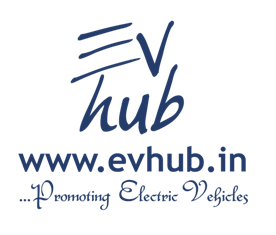As recently as a few years ago, people thought of electric vehicles as being closer to golf carts than they were to functional cars. While rapid advances in technology in recent years have led to the development of a few low-speed EVs, these cars are largely impractical for city driving because they are too slow to keep up with traffic.
However, with the release of the Hyundai Motor BlueOn, Korea’s first high-speed EV, we may soon be seeing more of these vehicles around.
The vehicle was introduced on Sept. 9, with President Lee Myung-bak taking it for spin during a press event at the Blue House.
I recently had a chance to test drive the vehicle for myself at Hyundai Motor’s Namyang Research and Development Center in Hwaseong, Gyeonggi.
To be honest, I didn’t have high expectations for the vehicle before my test drive, even though I found the company’s efforts to promote it intriguing.
When I arrived at the Namyang Center, five BlueOn vehicles were waiting for me.
The first thing I noticed was the car’s exterior is similar in design to the Hyundai i10, on which the BlueOn is based.
Read this news @ http://www.evhub.in/news/287#287
